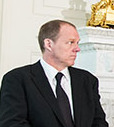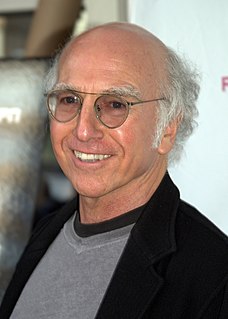A Quote by Sam Lake
The way you write dialogue is the same whether you're writing for movies or TV or games. We use movie scriptwriting software to write the screenplays for our games, but naturally we have things in the script that you would never have in a movie script -- different branches and optional dialogue, for example. But still, when it comes to storytelling and dialogue, they are very much the same.
Related Quotes
When I'm writing a script, before I can write dialogue or anything, I have two or three hundred pages of notes, which takes me a year. So, it's not like "what happens next." I've got things that I'm thinking about but I don't settle on them. And if I try to write dialogue before then, I can't. It's just garbage.
Every time I do a movie, I'm reading the script, or if it's something I have coming up, I'm reading the script, and I just spend hours and hours and days and weeks and months going over the script and just writing a lot of different ideas down, finding a little dialogue or just coming up with ideas for scenes and moments and all that kind of stuff.
The way we work at Pixar is we write the script, but then we quickly move on into story reel, which is basically like a comic-book version of the film. And then we do our own dialogue and music and sound effects, all in an effort to be able to basically sit in the theater and watch the movie before we shoot it, essentially.
Before, I was writing a script to make a movie. At a certain point, I became A Writer in Film and Television. So I got TV deals to write stuff, film deals to write stuff. But it's dangerous. I got into the WGA, and I became kind of, you know, a slave! They just pay you to write a script, and it's hard to make the movies.





































